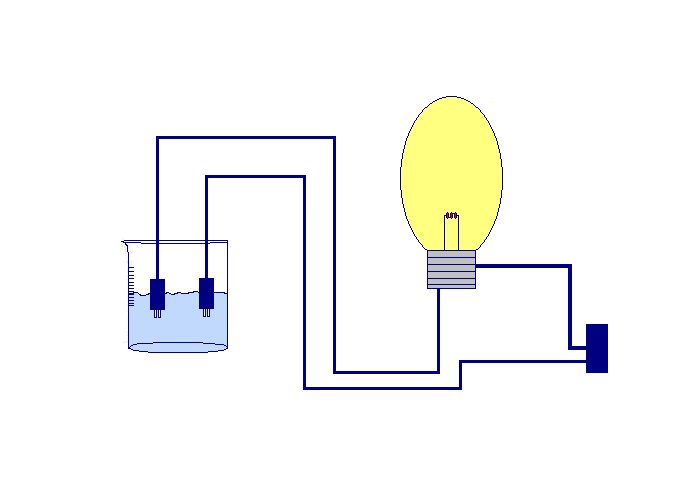 The derived word has two different uses, but both are very recurrent.
The derived word has two different uses, but both are very recurrent.
On the one hand, at the behest of Chemistry, a product obtained from another through one or more transformations will be called a derivative. For example, gasoline is derived from petroleum.
And on the other hand, in a different scientific context, such as mathematics, a derivative turns out to be the limit towards which the ratio between the increase of the function and that corresponding to the variable tends, when the latter tends to zero.
The derivative of a function at a point represents the value of the slope of the tangent line at the mentioned point and measures the coefficient in which the function varies, that is, it will give us a mathematical formulation of the notion of the coefficient of that change. This coefficient will indicate how fast a function grows or, failing that, how fast a function decreases at a point with respect to the axis of a two-dimensional Cartesian plane.
This concept is one of the central concepts of infinitesimal calculus, while the derivative is a concept that has many applications. For example, it will be applied in those cases in which it is necessary to measure the speed with which either a magnitude or situation occurs. It is also a fundamental calculation tool for Physics, Chemistry and Biology or in social sciences such as Economics and Sociology.









